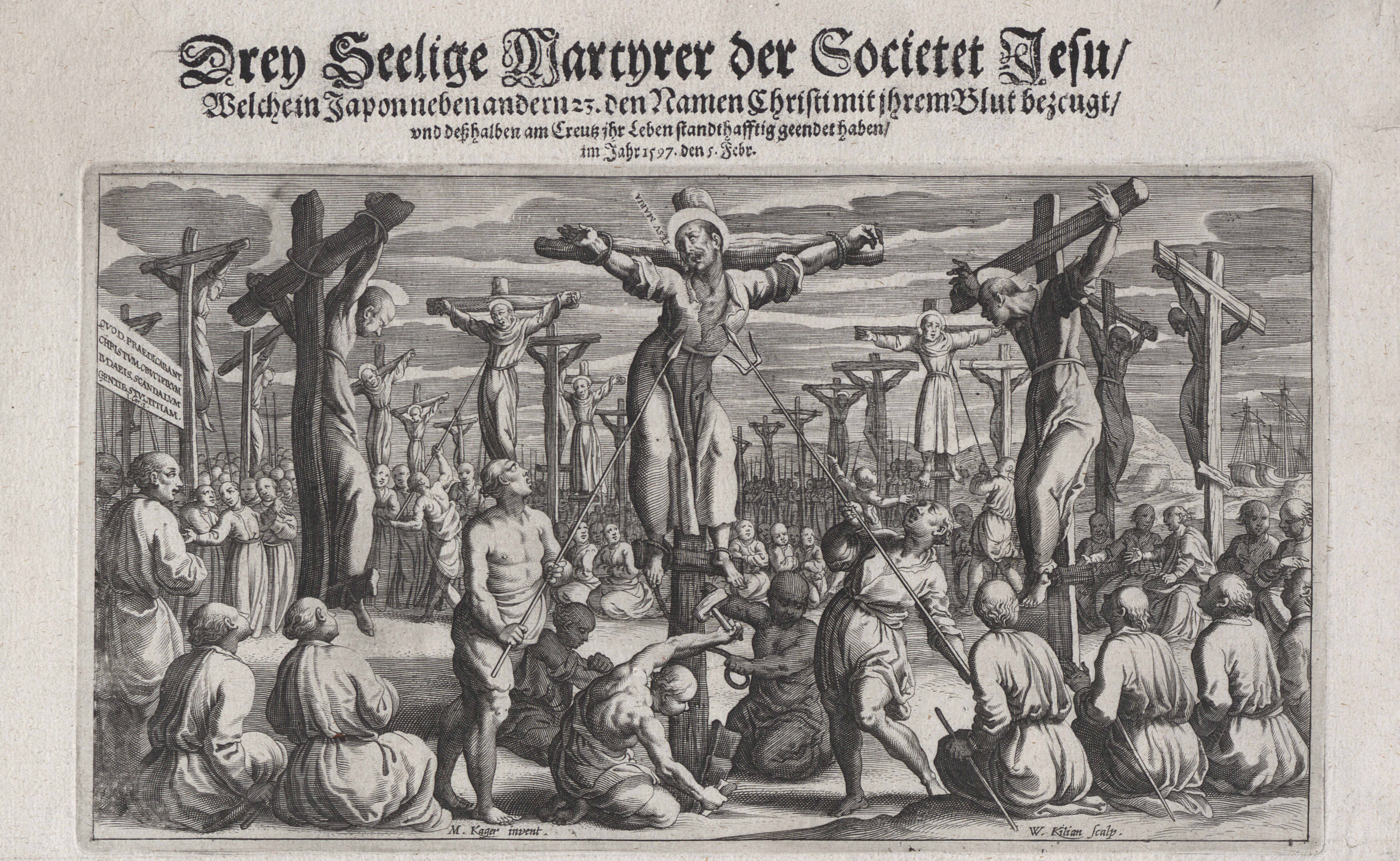Take a photo of a barcode or cover
I will never, ever, read a book that paid to be slid into my newsfeed and I will give them all single star ratings.
I do not want this spam.
I do not want this spam.
Read this for book club. It was on my to read pile for a long time so when it was suggested for book club, I jumped at reading it. After I got part way through, I vaguely remember having read it before. Very hard story about persecution and how bringing the gospel to Japan has not flourished.
I'm not a religious man and one of the things I hate the most is preachy people who try and help you find Jesus. We get a lot of Jehovah's Witnesses around here and I find them super annoying. So, starting this book about a missionary off to Japan in the 1600's facing many trials whilst he spreads the faith and looks for his mentor who is rumoured to have Apostatised I had high hopes of him getting a hard time. What I wasn't expecting was to really feel for him, whilst he goes through much madness.
I've gotta admit this has got to be one of the most shocking and brutal books I've read, it's not gory, it isn't violent, what is most shocking is how simple and efficient the methods of torture are that the Japanese use. The priest goes through so much, sees so much death, I'm impressed he managed to keep his sanity, I know I would have lost it earlier on.
I picked up this book because a number of the characters feature in [b:The Ghosts of Nagasaki|16003161|The Ghosts of Nagasaki|Daniel Clausen|https://i.gr-assets.com/images/S/compressed.photo.goodreads.com/books/1438091711l/16003161._SY75_.jpg|21765908], one of my all time favourite books. It was really great to see how the characters helped to create that book.
The writing is top notch, using a series of letters from the priest to create the story worked really well. The arguments on religion between the priest and the Japanese Lord seem to be well structured, I'm not an expert but they made sense to me.
Give this book a go, it doesn't seem to be that well known but it is a very important book.
Blog review > https://felcherman.wordpress.com/2019/07/30/silence-by-shusaku-endo/
I've gotta admit this has got to be one of the most shocking and brutal books I've read, it's not gory, it isn't violent, what is most shocking is how simple and efficient the methods of torture are that the Japanese use. The priest goes through so much, sees so much death, I'm impressed he managed to keep his sanity, I know I would have lost it earlier on.
I picked up this book because a number of the characters feature in [b:The Ghosts of Nagasaki|16003161|The Ghosts of Nagasaki|Daniel Clausen|https://i.gr-assets.com/images/S/compressed.photo.goodreads.com/books/1438091711l/16003161._SY75_.jpg|21765908], one of my all time favourite books. It was really great to see how the characters helped to create that book.
The writing is top notch, using a series of letters from the priest to create the story worked really well. The arguments on religion between the priest and the Japanese Lord seem to be well structured, I'm not an expert but they made sense to me.
Give this book a go, it doesn't seem to be that well known but it is a very important book.
Blog review > https://felcherman.wordpress.com/2019/07/30/silence-by-shusaku-endo/
Oh, this was so beautiful. Not just the writing, but the questions it raises -- What is the purpose of the spiritual leader? What happens to a faith in different cultures? What does it mean to be faithful? how does God speak?
I recently read that Martin Scorsese loves this book so much that he reads it every year and turned it into a film. For the life of me, I can't see why.
The prose is poetic and well-written, but the plot is tedious and the characters are uninteresting. The crescendo was lack-luster and nearly blasphemous, and the resolution was unsatisfying.
Sorry to say that I did not enjoy this novel. Thanks for taking the time to read this review.
The prose is poetic and well-written, but the plot is tedious and the characters are uninteresting. The crescendo was lack-luster and nearly blasphemous, and the resolution was unsatisfying.
Sorry to say that I did not enjoy this novel. Thanks for taking the time to read this review.
"Whereof one cannot speak, thereof one must be silent."
-- Wittgenstein, Tractus Logico-Philosophicus 7

The novel starts off a bit slow, but once it hit its pace it's almost Dostoevskian in its depths. Endō, a Japanese Catholic, uses the story of two Jesuit priests in search of an apostate Jesuit to explore issues of faith, circumstance, religous colonialism, belief, sin, courage, suffering, martyrdom, etc., especially during periods when God is "silent". He examines Christ and Christianity and the way they adapted to Japan and were both accepted and rejected by the East.
Overall, it was probably 4.5 stars for me. It certainly belongs on the block next to some of the other great religious fiction ([b:The Brothers Karamazov|4934|The Brothers Karamazov|Fyodor Dostoyevsky|https://i.gr-assets.com/images/S/compressed.photo.goodreads.com/books/1427728126l/4934._SX50_.jpg|3393910], [b:The Idiot|12505|The Idiot|Fyodor Dostoyevsky|https://i.gr-assets.com/images/S/compressed.photo.goodreads.com/books/1327865902l/12505._SY75_.jpg|6552198], [b:Les Misérables|24280|Les Misérables|Victor Hugo|https://i.gr-assets.com/images/S/compressed.photo.goodreads.com/books/1411852091l/24280._SY75_.jpg|3208463], [b:The Razor's Edge|31196|The Razor's Edge|W. Somerset Maugham|https://i.gr-assets.com/images/S/compressed.photo.goodreads.com/books/1386925123l/31196._SY75_.jpg|2095259], etc.).
I think some of the power of this novel exists beyond the text. I don't mean supernatural or anything silly or of that sort. I just mean that the prose of this novel (or at least Johnston's translation of Endō) was fine, solid. But the book chews on you after reading. It expands. It works you over days after reading. I am still haunted by the sea, the darkness, and obviously the silence.
Some of my favorite quotes:
"We priests are in some ways a sad group of men. Born into the world to render service to mankind, there is no one more wretched alone than the priest who does not measure up to his task."
"But Christ did not die for the good and beautiful. It is easy enough to die for the good and beautiful; the hard thing is to die for the miserable and corrupt--this is the realization that came home to me acutely at the time."
"Men are born in two categories: the strong and the weak, the saints and the commonplace, there heroes and those who respect them."
"Sin, he reflected, is not what it is usually thought to be; it is not to steal and tell lies. Sin is for one man to walk brutally over the life of another and to be quite oblivious of the wounds he has left behind."
-- Wittgenstein, Tractus Logico-Philosophicus 7

The novel starts off a bit slow, but once it hit its pace it's almost Dostoevskian in its depths. Endō, a Japanese Catholic, uses the story of two Jesuit priests in search of an apostate Jesuit to explore issues of faith, circumstance, religous colonialism, belief, sin, courage, suffering, martyrdom, etc., especially during periods when God is "silent". He examines Christ and Christianity and the way they adapted to Japan and were both accepted and rejected by the East.
Overall, it was probably 4.5 stars for me. It certainly belongs on the block next to some of the other great religious fiction ([b:The Brothers Karamazov|4934|The Brothers Karamazov|Fyodor Dostoyevsky|https://i.gr-assets.com/images/S/compressed.photo.goodreads.com/books/1427728126l/4934._SX50_.jpg|3393910], [b:The Idiot|12505|The Idiot|Fyodor Dostoyevsky|https://i.gr-assets.com/images/S/compressed.photo.goodreads.com/books/1327865902l/12505._SY75_.jpg|6552198], [b:Les Misérables|24280|Les Misérables|Victor Hugo|https://i.gr-assets.com/images/S/compressed.photo.goodreads.com/books/1411852091l/24280._SY75_.jpg|3208463], [b:The Razor's Edge|31196|The Razor's Edge|W. Somerset Maugham|https://i.gr-assets.com/images/S/compressed.photo.goodreads.com/books/1386925123l/31196._SY75_.jpg|2095259], etc.).
I think some of the power of this novel exists beyond the text. I don't mean supernatural or anything silly or of that sort. I just mean that the prose of this novel (or at least Johnston's translation of Endō) was fine, solid. But the book chews on you after reading. It expands. It works you over days after reading. I am still haunted by the sea, the darkness, and obviously the silence.
Some of my favorite quotes:
"We priests are in some ways a sad group of men. Born into the world to render service to mankind, there is no one more wretched alone than the priest who does not measure up to his task."
"But Christ did not die for the good and beautiful. It is easy enough to die for the good and beautiful; the hard thing is to die for the miserable and corrupt--this is the realization that came home to me acutely at the time."
"Men are born in two categories: the strong and the weak, the saints and the commonplace, there heroes and those who respect them."
"Sin, he reflected, is not what it is usually thought to be; it is not to steal and tell lies. Sin is for one man to walk brutally over the life of another and to be quite oblivious of the wounds he has left behind."
This is a tale of a Jesuit priest who commits the sin of apostasy in 17th century Japan. It is powerful and hauntingly beautiful speaking to the depths of faith, suffering, martyrdom and a chilling example of being Jesus in the midst of an oppressive regime. I really need to read it again before giving a full review but, even though it lags in a few spots, the ending is truly worth it.
Incredibly written, this work of historical fiction follows a Portuguese priest as he attempts to bring the residents of Japan to salvation. This is not an action packed adventure with close calls or dramatic plot lines, but rather a study of human character and growth.
Through the priest's journey he eventually learns about the true meaning of sacrifice, forgiveness, and true salvation. The answers are much simpler when we don't fully understand the question, but the loss of this simplicity of mind brings forth growth of spirit that can ultimately redeem a soul. This is a thought provoking book that contemplative minds will enjoy.
Through the priest's journey he eventually learns about the true meaning of sacrifice, forgiveness, and true salvation. The answers are much simpler when we don't fully understand the question, but the loss of this simplicity of mind brings forth growth of spirit that can ultimately redeem a soul. This is a thought provoking book that contemplative minds will enjoy.
Endo's story of a priest wrestling with the apparent silence of God in the face of the persecution of His flock aligns evokes comparisons with Graham Greene's The Power and the Glory. In this case, the Japanese inquisitor proves much more devious than the Mexican atheist, presenting Father Rodrigues with a much more difficult challenge.
I found the translation a bit wooden, something it shares with other translations of Japanese works I have read by Endo, Mishima and Kawabata. As a result, the book was something of a labour to read, even as the story neared its climax, hence a three-star rating for five-star material.
I found the translation a bit wooden, something it shares with other translations of Japanese works I have read by Endo, Mishima and Kawabata. As a result, the book was something of a labour to read, even as the story neared its climax, hence a three-star rating for five-star material.






